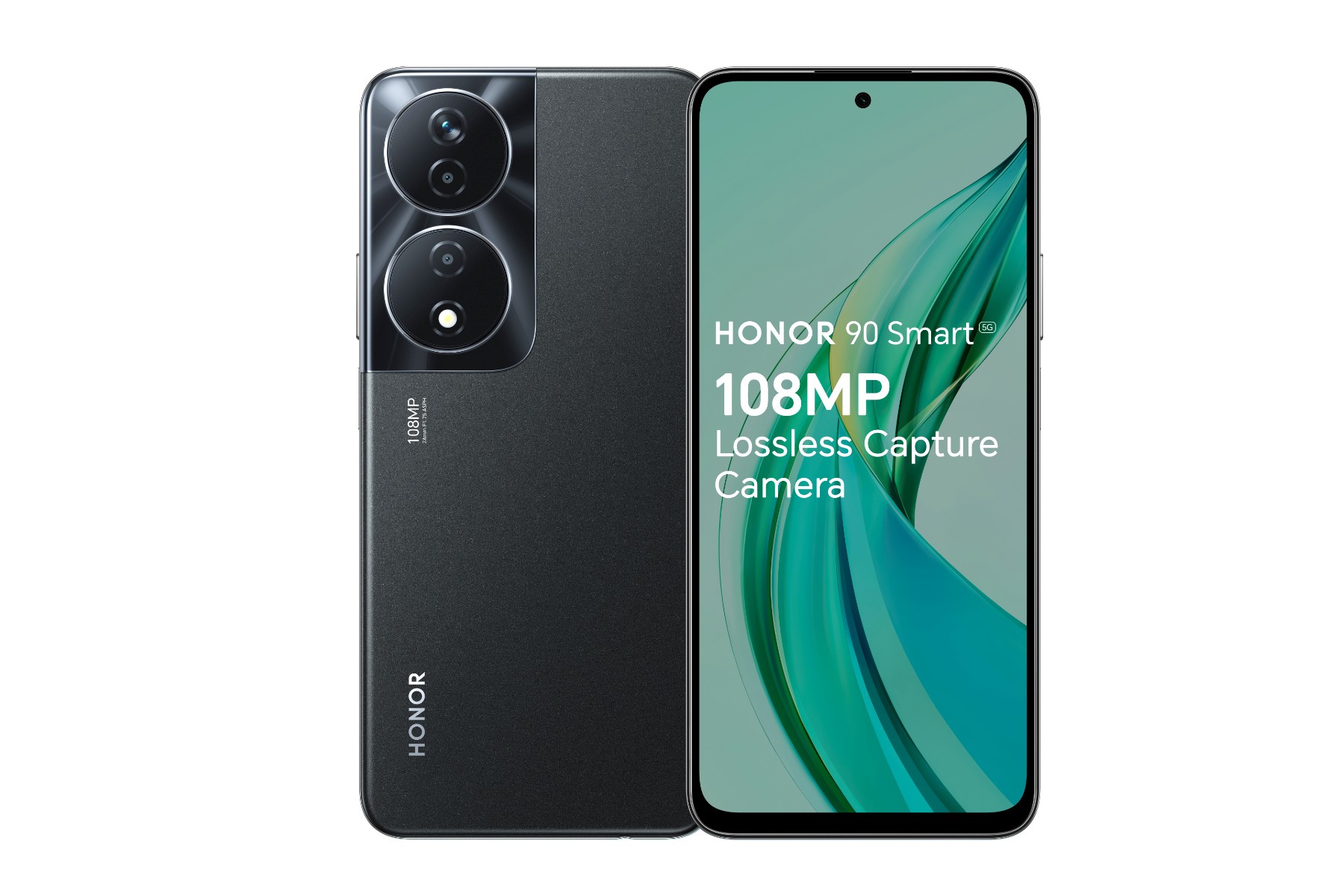- Vodafone and Snapchat partner to raise awareness of teen cyberbullying, with #BeStrong anti-bullying emojis appearing as Geofilter photo overlays for millions of ‘Snapchatters’ across Europe.
- Millions of UK ‘Snapchatters’ will be able to use the Geofilter overlays to show support for Anti-Bullying Week.
- #BeStrong emojis created in response to global cyberbullying survey among 5,000 teens, which found one in five teens cyberbullied, a fifth of those felt suicidal and almost half struggle to find the right words to support friends bullied online.
- Vodafone Foundation to donate £1 per retweet or like of the #BeStrong emojis* on Twitter or Facebook to anti-bullying charities during Anti-Bullying Week in the UK.
Snapchat, the mobile platform with over 100 million global daily active users, has partnered with Vodafone to help raise awareness of teen cyberbullying during the UK’s Anti-Bullying Week 2015.
Snapchat has created a series of Europe-wide Geofilters – special artistic overlays for ‘Snaps’ that can be accessed from select locations – to encourage ‘Snapchatters’ to take a stand against bullying by sharing Snaps featuring Vodafone’s #BeStrong emojis. The images will reach millions of Snapchatters all across Europe to help them take a stand against bullying.
The #BeStrong emojis were designed in response to an 11-country survey commissioned by Vodafone from YouGov*, where 72% of the teenagers surveyed said they would welcome an emoji they could share with friends being bullied online to show their support.
The #BeStrong emojis were developed in collaboration with anti-bullying ambassador Monica Lewinsky. Lewinsky, whose TED Talk about bullying has had more than six million views, first brought the idea for the #BeStrong emojis to Vodafone. Others who helped create the #BeStrong emojis include Berkeley University Professor Dacher Keltner – the psychologist who advised on the creation of the characters for Pixar film Inside Out, semioticians (who study signs and symbols and their use or interpretation) and anti-bullying NGOs including The Diana Award and ENABLE, a European Union project to help combat bullying.
Commenting in a video, Professor Keltner explained the importance of teens being able to offer support and show sympathy to their peers being cyberbullied. He said: “A lot of emojis can be limited for communicating emotions. The bystander needs better tools. Specific emojis that they can send their friends to show that they are there for them.”
The global cyberbullying study, one of the largest of its kind, revealed that more than half of teenagers said cyberbullying is worse than face-to-face bullying and 43 per cent believe it to be a bigger problem for young people than drug abuse. Additionally, 38 per cent said they did not tell their parents or guardians, as they felt ashamed (32%), scared their parents would get involved (40%), or worried what their parents might do (36%).
In addition, the Vodafone Foundation, Vodafone’s philanthropic arm, as part of its digital family programme, is also helping to raise funds for anti-bullying NGOs by donating £1(€1.40) for every Twitter retweet or public Facebook like of Vodafone’s image of the #BeStrong emojis* during Anti-Bullying Week in the UK.
Snapchat’s Director of Public Policy Micah Schaffer, said: “We’re proud to leverage our Geofilters product to help spread the BeStrong message with ‘Snapchatters’ across Europe. We hope that sharing this message can help ‘Snapchatters’ take a stand against bullying on our platform and beyond.”
Vodafone Foundation Director Andrew Dunnett, said: “The new generation that was born digital thrives in a world of constant connectivity, but there are clear risks for young people as well as benefits. Our research showed many teenagers find it difficult to help their friends when cyberbullying is happening, and the #BeStrong campaign has been created to help them convey emotional support.”
The initiative is a continuation of Vodafone’s commitment to helping children and their parents navigate through the social and digital world in a safe way. Vodafone UK recently released the fourth edition of its Digital Parenting magazine, developed in partnership with The Parent Zone, which is full of tips of how to help young people stay connected safely. Since its release in September, more than 500,000 copies of the magazine have been distributed to schools, NGO’s, government bodies, children’s charities and other outlets. Vodafone is also the headline sponsor of the upcoming National Theatre production, wonder.land, which highlights a range of issues relevant to many teenagers today, particularly the positive and negative impacts of the online world.
Note to editors:
- Images of the emojis and video content can be found here https://www.flickr.com/gp/vodafonegroup/pK5215
- Survey highlights across the 11 countries can be found here http://www.vodafone.com/content/dam/group/media/downloads/15-09-22-Cyberbullying-FINAL.pdf
- Vodafone and NGO The Diana Award have also released a series of learning modules aimed at teenagers, which cover subjects from ‘selfies ‘and ‘online gaming’ to ‘social networking’ and‘mean tweets’. Further learning modules will be released over the next year on vodafone.com/parents, which include advice for parents.
- *All figures, unless otherwise stated, are from YouGov Plc. Total sample size was 4,720 13-18 year olds in the UK, Germany, Italy, Spain, Netherlands, New Zealand, Greece, South Africa, USA, Ireland & the Czech Republic. The figures have been given an even weighting for each country to produce an ‘average’ value.
- *The Vodafone Foundation will provide a total donation to anti-bullying NGOs of up to £100,000 (€137,000)

![Falling Dripping Water Drop[Adobe Stock] Falling Dripping Water Drop[Adobe Stock]](https://www.vodafone.co.uk/newscentre/app/uploads/2024/04/Falling-Dripping-Water-DropAdobe-Stock.jpg)


![Dawlish Sunrise [Adobe Stock] resized stock photo of Dawlish in Devon](https://www.vodafone.co.uk/newscentre/app/uploads/2024/04/Dawlish-Sunrise-Adobe-Stock-resized.jpg)